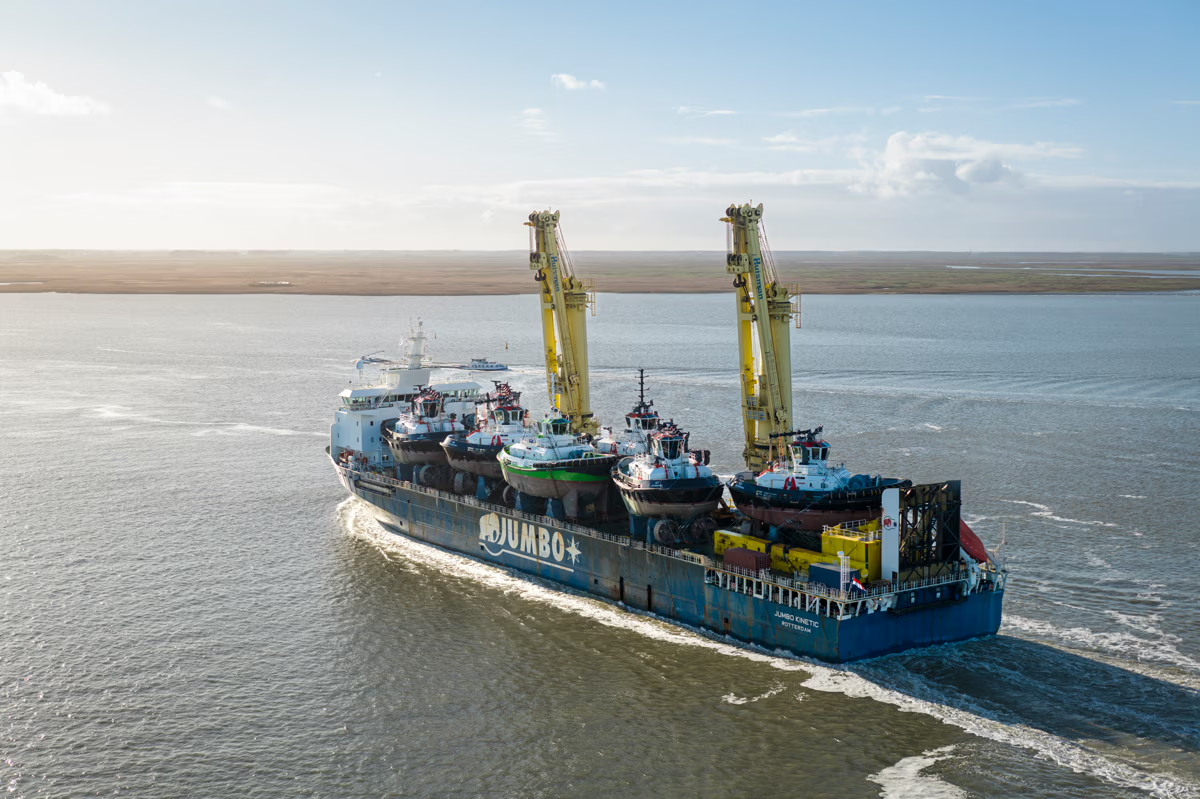Anti-piracy military force will become more proactive against pirates
 The European Union’s anti-piracy military force will become more proactive in the fight against pirates, the departing force commander said Tuesday, in an effort to seize the initiative in an evolving battle that is moving closer to land.
The European Union’s anti-piracy military force will become more proactive in the fight against pirates, the departing force commander said Tuesday, in an effort to seize the initiative in an evolving battle that is moving closer to land.
The EU Naval Force announced last month that it will expand its mission to include Somalia’s coast and waterways inside the country for the first time. Rear Adm. Jorge Manso, whose tenure as force commander ends Saturday, said the EU force’s mission is evolving.
“To date our approach has been primarily defensive, but from now on we have to become more flexible in our priorities and practices and seize the initiative from pirates,” Manso told The Associated Press by telephone from the Spanish military ship Patino. “Doing that we will improve our capabilities against this problem.”
Manso said the EU Naval Force is looking for “different missions,” though he did not elaborate about any missions that could take place on Somali land or on its waterways.
“It’s a way to be more proactive,” he said. “The European Union right now is on the right path. This measure is one more tool to create the security that Somalia needs.”
Manso said that in coming days the EU would change the naval force’s rules of engagement to encompass the recently expanded rules. “We want to do more, different things,” he said.
Pirate attacks rise and fall with the cycle of East Africa’s monsoons. The monsoon season is coming to an end now and pirate activity will likely restart.
France takes over the rotating command of the EU Naval Force this Saturday and is bringing powerful new equipment to aid the anti-piracy fight.
The French amphibious assault ship the FS Dixmude _ France’s newest warship _ is capable of acting as a seaborne mobile operating base for up to 16 helicopters. The frigate FS Georges Leygues is also now in the region. It carries two Lynx helicopters.
And last month a French Navy maritime surveillance aircraft began patrolling pirate-infested waters. The plane will help guide naval ships to suspect vessels.
“The new force commander, the French admiral, he will have a lot of opportunities to do a lot of things with the numbers of ships and aircrafts that he will have under his command,” Manso said, referring to French Rear Adm. Jean-Baptiste Dupois.
Manso said attacks at sea during his four-month rotation dropped compared to the same period the previous year. On a year-over-year basis, he said, hijackings were reduced to five from 28. Pirate attacks dropped from 58 to 18, he said.
The International Maritime Bureau said Somali pirates accounted for 54 percent of all pirate attacks in 2011, with 237 attacks, up from 219 in 2010.
“We are applying constant pressure along the Somali coast in order to avoid the pirates reaching the high seas,” Manso said. “Another important point is that some regional authorities are applying pressure on land against pirate camps. There are also some disputes among different clans in order to arrange the ransoms.”
Regional authorities was a reference to the northern Somali regions of Puntland and Somaliland.
Somalia’s pirates are under pressure and looking for other ways to make money, Manso said. Typically they adapt their tactics when under pressure, but this time may be boxed in, he said. The EU is helping provide security and development in Somalia and in the coming months will launch a new civili mission to increase Somali capabilities, he said.
Source: AP


























































